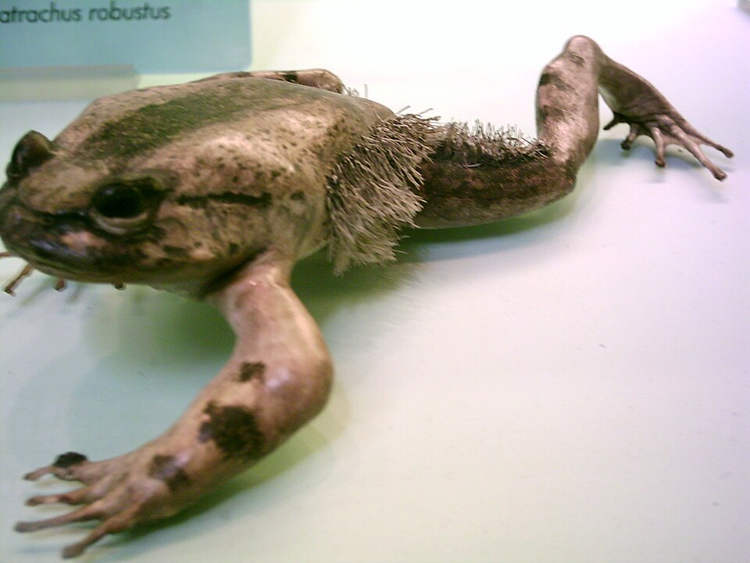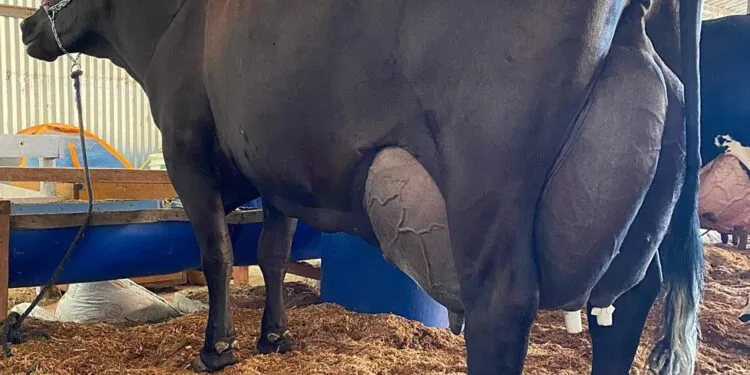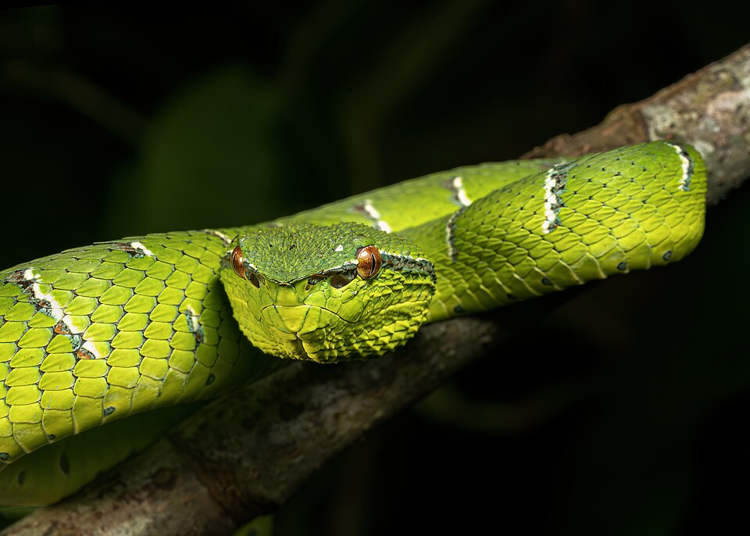Yakei, a 9-year-old female Japanese macaque at the Takasakiyama natural zoological garden, shocked staff by fighting her way through several strong males to become the first female alpha in the troupe’s 70-year history.
The story of Yakei’s rise to power sounds like the plot of a Hollywood epic. Born into the 677-strong troupe B at the Takasakiyama zoo in Japan’s Oita city, the female inherited the rank just under her mother, as per the rules of macaque society. The higher an individual’s rank, the greater its access to food, mates and resting locations. Last March, Yakei fought her own mother and won, becoming the leader of the other females in her group. For most females, this would have been more than enough, but for Yakei it was only the first step to a much more ambitious goal – leader of the entire troupe.

Photo: Billy Pasco/Unsplash
Staff at Takasakiyama natural zoological garden noticed that after seizing power from her mother, Yakei became increasingly confident, almost arrogant, walking around with her tail up, a rare behavior among females. By April of 2021, none of the males under the seventh ranking macaques in the troupe dared stand in her way, and by May, she already outranked the former fourth-ranked male in troupe B.
In macaque troupes, females inherit the rank right under their mothers and rarely leave their troupes, while males leave their natal troop upon reaching puberty to join another, where their rank is determined by the time spent in the group, but also by challenging other males and beating them in violent fights. Which is exactly how Yakei went about it…
On her way to the throne of troupe B, Yakei first took on third-ranked Goemon, who didn’t intend to back down without a fight like most of the other lower-ranked males in his group. He looked ready to stand up to the menacing Yakei, but he was attacked by her from behind, and after a short scuffle, he had no choice but to run away.
Next was McClane, one of Yakei’s “ex-boyfriends” and brother to the alpha of the troupe. He was visibly terrified pf her and walked away when confronted by the female upstart, opening the way to the last individual between her and the thrown – the alpha of troupe B, Nanchu.
Nanchu, a 31-year-old experienced macaque, had been the alpha of the group for five years, and despite the age difference in the female’s favor, he wasn’t going to simply give her the throne. But Yakei was determined to make history, and Nanchu was simply no match for her. In June of 2021, the ambitious Japanese macaque became the first female alpha in the zoo’s 70-year history.
“Yakei has shown some behaviors typically seen only in dominant males, such as walking with her tail up and shaking tree branches with her body. It sounds as if she is behaving like an adult male, being more aggressive than other individuals,” Yu Kaigaishi, a research fellow at the Japan Society for the Promotion of Science, told the New York Times.
To make sure that Yakei had indeed assumed the position of alpha in her troupe, staff at Takasakiyama performed the so-called “peanut test”. They offered the monkeys peanuts and waited to see who ate first. Both males and females all stepped aside, allowing Yakei to eat first, and thus confirming her role as alpha of the 677-strong troupe B.
The reign of an alpha in a Japanese macaque group can last from a few months to over a decade, and it’s impossible for experts to determine how long Yakei’s rule will be, but the mere fact that she rose to the top of her troupe is an incredible achievement. Such events rarely ever happen, and it’s the first time in the 70-year history of Takasakiyama natural zoological garden that a female is recognized as alpha.
For now, Yakei is leaning into her role, and no one seems to be challenging her, but she faces many hurdles ahead, especially now, in the middle of the mating season, when the environment becomes more competitive and tense. For now, she appears to be holding strong though.
Although adored by the Japanese, macaques have a violent side and people are advised not to lock eyes with them for too long, as they see this as a challenge and can become aggressive.













